Taking Teaching Further To Encourage Collaboration Between Industry And Education
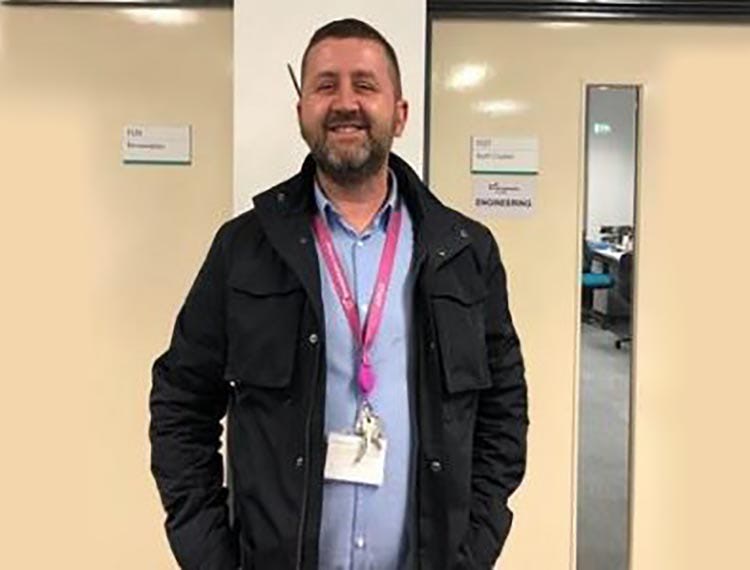
Taking Teaching Further programme – 550 places available for 2021 to 2022 academic year
Taking Teaching Further (TTF) is a programme that supports further education (FE) providers to recruit experienced professionals from industry and business into FE teaching roles, covering the costs for new recruits to undertake training while they work at the FE provider.
It is delivered on behalf of the Department for Education by the Education and Training Foundation (ETF).Having a sufficient number of high-quality FE teachers is crucial for DfE’s vision to provide world-class education, training and care for everyone, whatever their background.
The Skills for Jobs white paper confirmed DfE continued commitment to the programme and 550 places have been made available for the 2021 to 2022 academic year.
Who can apply
TTF is open to all FE providers with 2 routes available:
- Route 1 is open to FE colleges, sixth form colleges and specialist designated institutions in England
- Route 2 is open to all independent training providers, employer led providers, third sector training providers, local authority providers, and adult and community learning providers
How further education providers can apply
Use the online registration form for Route 1 or Route 2 and follow the relevant programme guidance. Further information is available on the ETF website.
Taking Teaching Further Programme
18 Apr 2019: As part of a package of support for FE teaching, this government made a manifesto commitment to create a new national programme to attract experienced industry professionals to work in FE – aiming to boost the quality and industry-relevance of teaching.
The government’s Post-16 Skills Plan and T Level action plan directs the need for employers and industry professionals to be at the heart of reforms in the FE sector and skills system.
The skills, knowledge and behaviours required for individuals to be ready for skilled employment must be defined by the very employers they are studying and training to work for.
“Attracting talented people to teach in Further Education has never been more important. We are reforming technical education in this country with the introduction of new T Levels and we want staff with industry skills to pass on their expertise to the next generation.
“I’m thrilled that Taking Teaching Further is making such positive progress. We are already supporting 49 new FE teachers and 19 innovative projects to date, and are on track to meet our target of up to 150 new FE teachers and 40 projects by the end of the trial period.
“As you can see from these fantastic stories of success, these are teachers who can inspire, energise and bring on the next generation of highly-skilled young people. It will be exciting to see the differences they can make to their colleges and the students they teach.” – Minister for Apprenticeships and Skills Anne Milton
Who better to develop learners understanding of how latest skills, techniques, approaches and equipment set standards of their respective sectors than industry professionals?
This is why Taking Teaching Further is so important.
The five long-term aims of the programme are to:
- Raise the profile and prestige of FE teaching, particularly among industry professionals
- Increase the overall number of skilled FE teachers in the technical routes that will be taught first (Childcare and Education, Digital, Construction), Engineering and Manufacturing and other STEM technical routes, by helping experienced industry professionals to enter the FE teaching profession
- Increase the opportunity for industry-related CPD for current teachers
- Demonstrate the value of, and possibilities for, industry / FE collaboration, and
- Stimulate and support local initiatives to build capacity in FE teaching and improve industry collaboration.
There is a need to not just increase the number of teachers in the sector’s workforce, but to increase the combination of industry expertise and excellent teaching skills. This is paramount for delivering first-rate technical teaching.
The challenge to recruit new talented professionals to teaching from industry and keeping current staff informed and upskilled on new technologies and industrial developments is not an easy one. However, Taking Teaching Further is showing the way in how this can be done.
Taking Teaching Further, developed by ETF and the Association of Colleges (AoC), will provide up to £5 million of funding to support the Further Education (FE) and post-16 training providers to recruit experienced industry professionals.
The programme will test how to attract experienced industry professionals into teaching in FE, and how best to support an ongoing exchange between FE and industry, so students can gain the knowledge and skills that industry needs.
Taking Teaching Further initially launched in June 2018, and a second round of applications closed on 15th February 2019 with successful applicants currently being informed.
The programme is focussed on supporting priority sectors, including the technical routes that will be taught first (Education and Childcare, Digital, Construction), as well as Engineering and Manufacturing and other STEM technical routes.
It will operate under two strands:
- Attract experienced industry professionals into teaching in FE by supporting the costs of their training (ITE) and reduced classroom time, and
- Test how best to support an ongoing exchange between FE and industry through innovative projects
Round 1 of the programme is already underway and is supporting 49 new FE teachers, and 19 innovative projects.
Round 2 has just completed and announcements about those successful projects are expected in early May – remaining on track to support up to 150 new FE teachers and to support up to 40 innovative projects by the end of the trial period.
We know from our conversations with providers, employers and learners that there are inspiring examples of successful collaboration between industry and FE.
2019 Case Studies
Scott Stevenson

Before I became an FE teacher, I previously owned a small plastering company based in Oldham, I had between 5-15 sub-contractors/employees throughout the year dependant on the tasks we had in hand. I have been a plasterer ever since I left school in 2005, serving a full apprenticeship with a local plasterer named Gary Ainsworth. At the age of 19, I decided to spread my wings and go self-employed, setting up my own business.
I was first introduced to FE by a friend of mine, whom already worked as a Plastering Lecturer at Kirklees College. Like myself, he had a good plastering business based in the same town and had made the move away from this into the FE sector. Due to the respect I had for him and the knowledge he has in the industry, it was a perfect opportunity to slowly make the transition into teaching with his guidance.
The main motivators for my career change were; to help pass on my knowledge of the industry to the next generation of plasterers, this is something I have always enjoyed doing as I have had numerous apprentices over the years. I was also in drastic need of a whole work life balance rejig, as I was working 7 days a week, 12-hour days for the past 10 years. Working hard is something that comes naturally to me, as it is all I have ever known. I am positive that if I can commit the same passion and effort into teaching as I have to other avenues I have previously gone down, then a career working in the FE sector can only go from strength to strength.
In the short time I have been working for Kirklees College, my main thoughts on the role are that it is challenging yet rewarding. I believe that once I have built rapport with my learners and begin to find my feet in my new role, I will then really enjoy teaching and watching my students go through the learning process. This helps them become qualified tradesmen with the skills and tool set to further their career. This on its own will be extremely rewarding and give me great job satisfaction.
Jamie East
 I had been in the engineering industry for 7 years, with my previous job before teaching was as an Industrial Engineer at a control and automation firm., This was a very interesting and versatile role that required a lot of creative thinking and programming. The role was to support engineering design and commissioning projects, mostly via PLC programming and some industrial engineering in terms of sensors and drives. The company had an excellent culture for development, so I was often challenged with new things such as different models of equipment or ways of programming; this made it a fantastic place to work whilst I was reading for my engineering degree.
I had been in the engineering industry for 7 years, with my previous job before teaching was as an Industrial Engineer at a control and automation firm., This was a very interesting and versatile role that required a lot of creative thinking and programming. The role was to support engineering design and commissioning projects, mostly via PLC programming and some industrial engineering in terms of sensors and drives. The company had an excellent culture for development, so I was often challenged with new things such as different models of equipment or ways of programming; this made it a fantastic place to work whilst I was reading for my engineering degree.
I was mostly attracted to get into FE teaching by National College for Nuclear (NCfN) – a place where I could potentially make a significant difference to the UK nuclear industry through education and training. But in general, I always had it in the back of my mind after studying my HNC at South Tyneside College. One of my lecturers, Brian Rowe, encouraged me to go and take my education further so I had more choice and prospects in life – specifically this gave me the motivation to quit my job and read for a BEng at University of Sunderland.
Even here I found many lecturers, specifically Mike Knowles, John Davies, Ken Robson, and Zaki Bahrami encouraged me to take education even further, which I did at the University of Birmingham whilst also helping me to get a job at AR Controls. Whilst at Birmingham, I found the director of education, Paul Noman, to be inspiring in his passion for nuclear education, which is why NCfN at Lakes College is where I ended up.
These educators are why I hope to never stop learning; you can always learn more and broaden your horizons. I like to think I can play a small part in helping learners get the life they want through education, like my teachers did.
“Every day’s a school day” – The FE environment is one of continuous change and incremental improvement for lecturers working there, every week I have something to get better at and new targets to meet. I have also found Lakes College to be a place where all staff are properly focussed on helping students. It makes a big difference to know all the people you work with are on the same page with why we do the job. Mostly I am enjoying the fact that I am making an impact on careers and aspirations – to hear a student of yours got their promotion or is just now confident enough to apply for a competitive apprenticeship is to know you and the college have done their job right.
Tom Isted
 Before deciding to become an FE lecturer I worked in video game development and design. This involved working on creating games, 3D digital modelling and attending conferences and events. My role was as a digital concept designer working across a range of digital based jobs. Prior to that I worked in web development building websites for clients.
Before deciding to become an FE lecturer I worked in video game development and design. This involved working on creating games, 3D digital modelling and attending conferences and events. My role was as a digital concept designer working across a range of digital based jobs. Prior to that I worked in web development building websites for clients.
I wanted to change careers and work in FE as a lecturer to continue to build on my own knowledge through being a teacher. I wanted to support students in helping them get into the industry by sharing standard working practices in digital creation.
From my industry experience I have seen that there is a need to build the confidence of new employees working in the digital workplace. I wanted to pass on my skills to ensure that students become confident digital creatives in the future.
I saw working in FE as a great opportunity to change careers whilst still working with digital technology, but within a teaching context.
I am really enjoying the role so far as the lessons have been a lot of fun despite the stress and the challenges. I am enjoying getting feedback from students on their classes, getting a sense of satisfaction from seeing them make gains and progress and knowing that they are learning.
To me the best part of the new role is being in the classroom working directly with the students, and I am enjoying the whole learning process and seeing them develop their skills.
Shaun McDonagh
 I ran my own plumbing business for 18 years, designing, building and maintaining systems in both domestic and semi-commercial environments. I employed a small team of people and have had apprentices completing their practical work on site with my company. In running my business, I had a dual role, as both the manager and as a plumber on the tools. In addition to being a plumber I had a specialist background in lead work, working on Canterbury Cathedral in the past as a lead worker and restorer.
I ran my own plumbing business for 18 years, designing, building and maintaining systems in both domestic and semi-commercial environments. I employed a small team of people and have had apprentices completing their practical work on site with my company. In running my business, I had a dual role, as both the manager and as a plumber on the tools. In addition to being a plumber I had a specialist background in lead work, working on Canterbury Cathedral in the past as a lead worker and restorer.
I wanted a change of career and a new challenge but wanted to stay connected to my trade. I saw FE College teaching as a perfect way to keep connected to plumbing but doing so in a very different role.
I was planning to work for the Royal Engineers in a training capacity but saw the advert for a Plumbing Lecturer, so I chose FE as I wanted to work with young adults and to put something back into the industry. My aim is to train the next generation of plumbers and to make sure that they can do the job properly. I want to promote plumbing as a craft with a high-level skill and professional expertise and feel that I can do this through training and working as an FE teacher.
On a personal level, I wanted the job security of being a teacher, and as a new career it has given me more flexibility to spend time with my family, improving my work-life balance.
The role has been completely different to my first expectations in terms of working with the students and some of their behaviours, and the job has been quite challenging! I have really enjoyed it so far – watching them grow their skills and learn the trade, and I am looking forward to seeing students make good progress on the course. The students are all so different and each class is unique, and it feels like they are re-training me! It is making me very keen to learn the job and improve as a lecturer.
I am enjoying working with a very professional team at EKC as there is a clear structure and support when I need it, and I have been fully accommodated into my new role.
There are no negatives so far, and I feel that my new career is moving in the right direction.
Through the Taking Teaching Further programme, we will build on these examples and encourage further collaboration between the FE sector and industry, specifically enabling industry professionals to take up FE teaching opportunities.




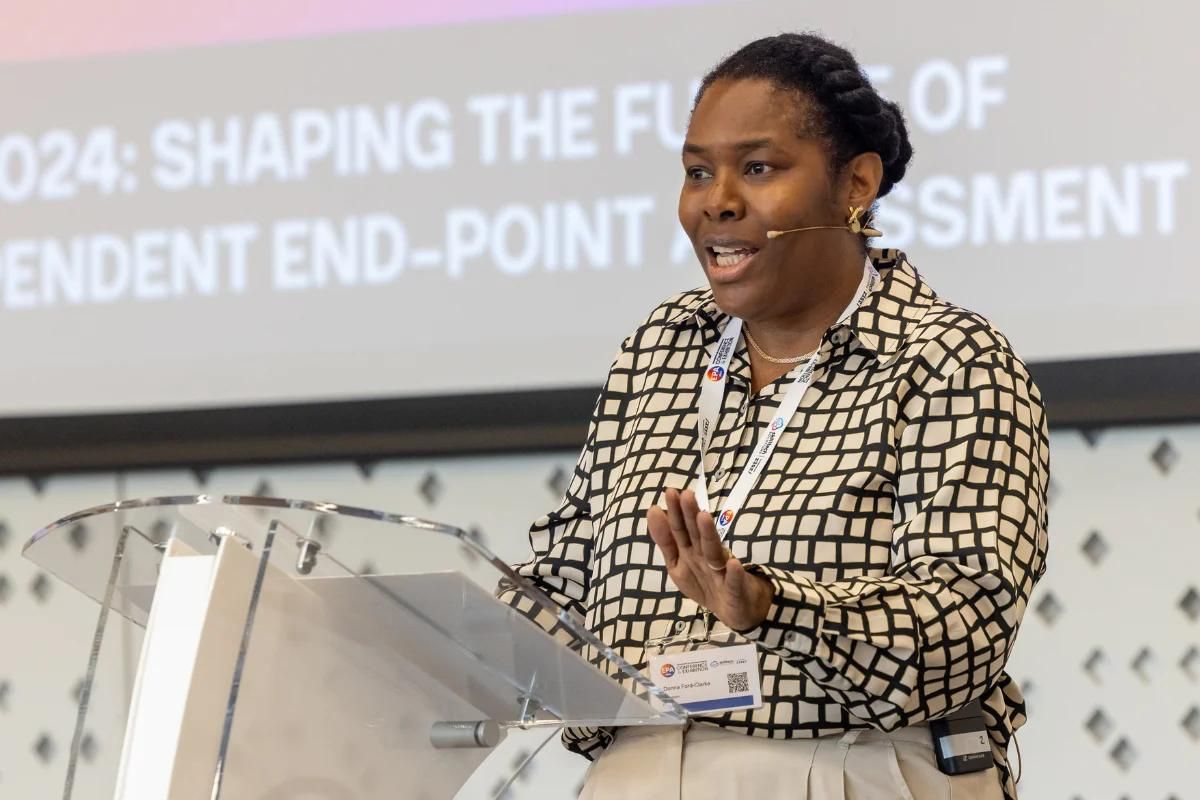
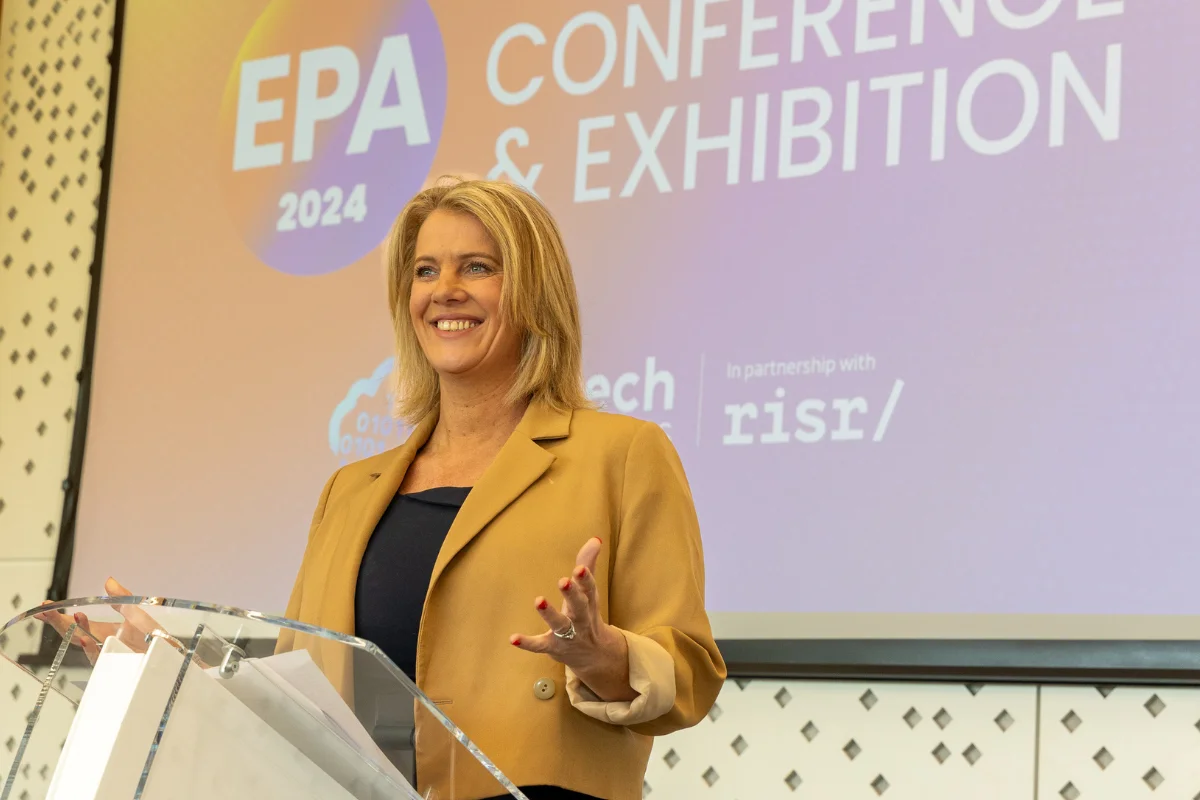


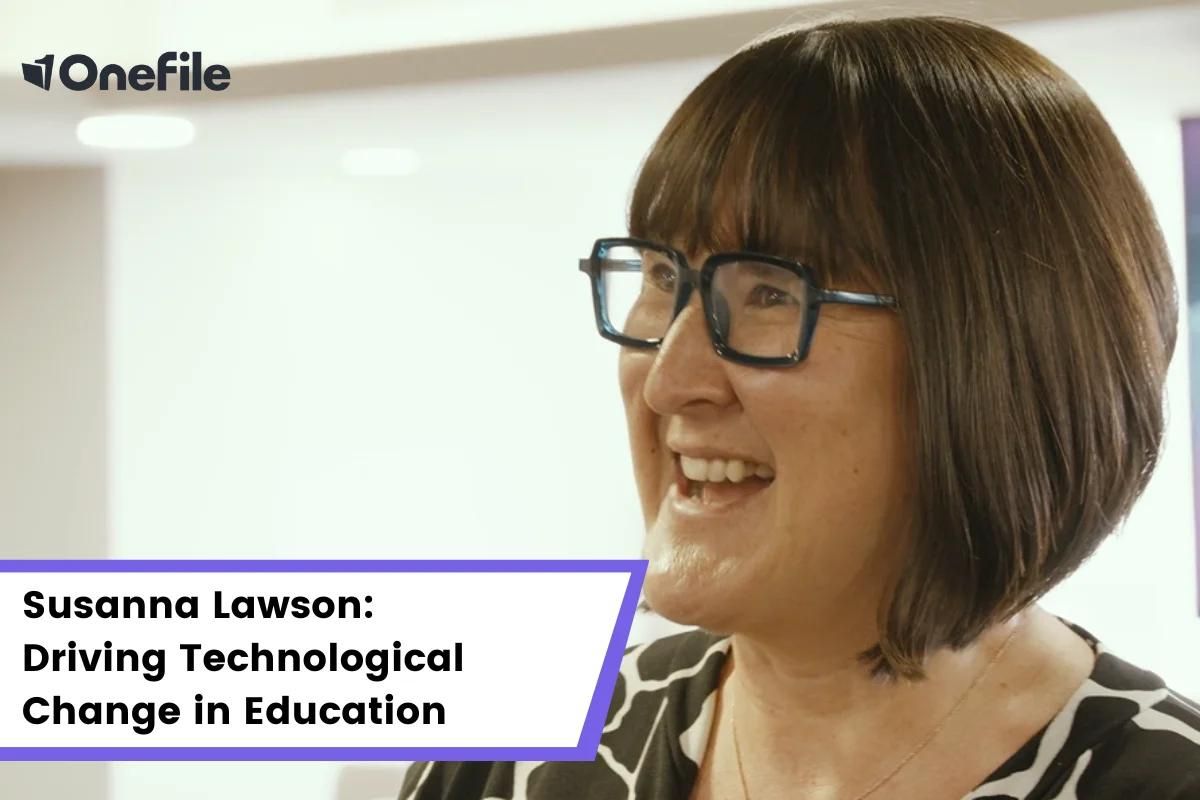
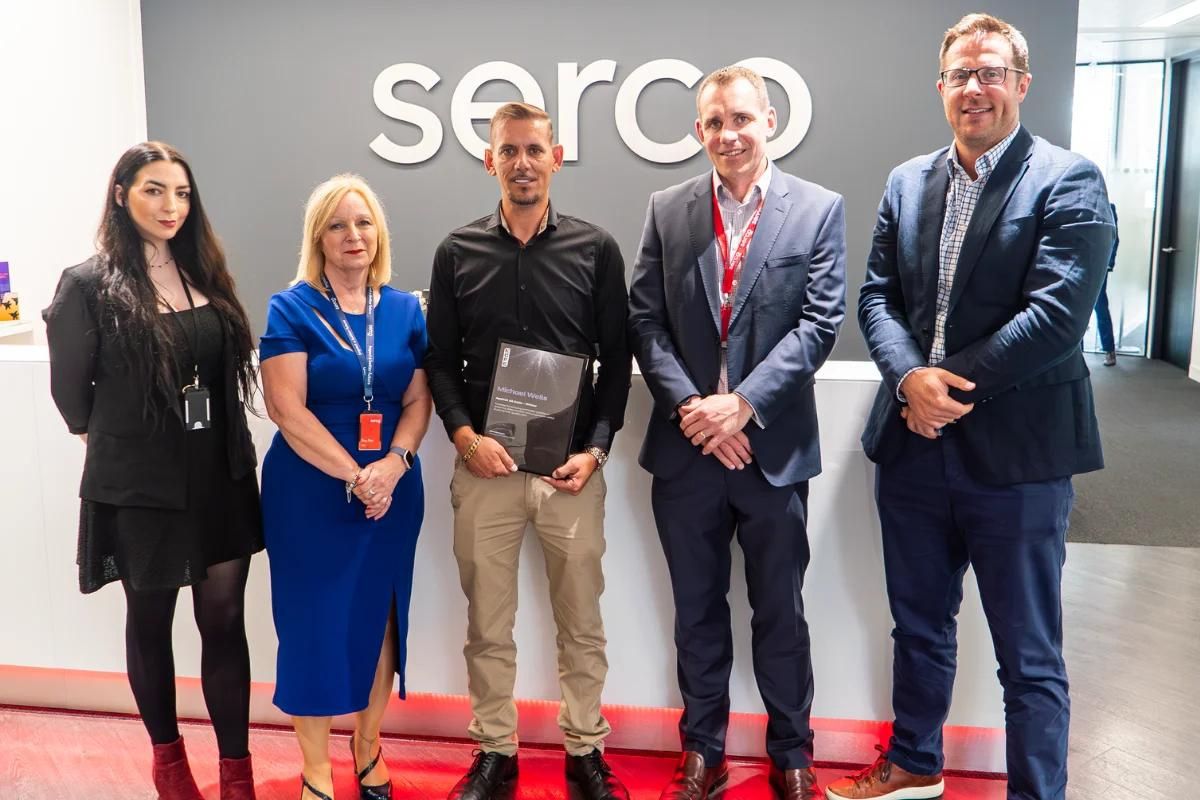
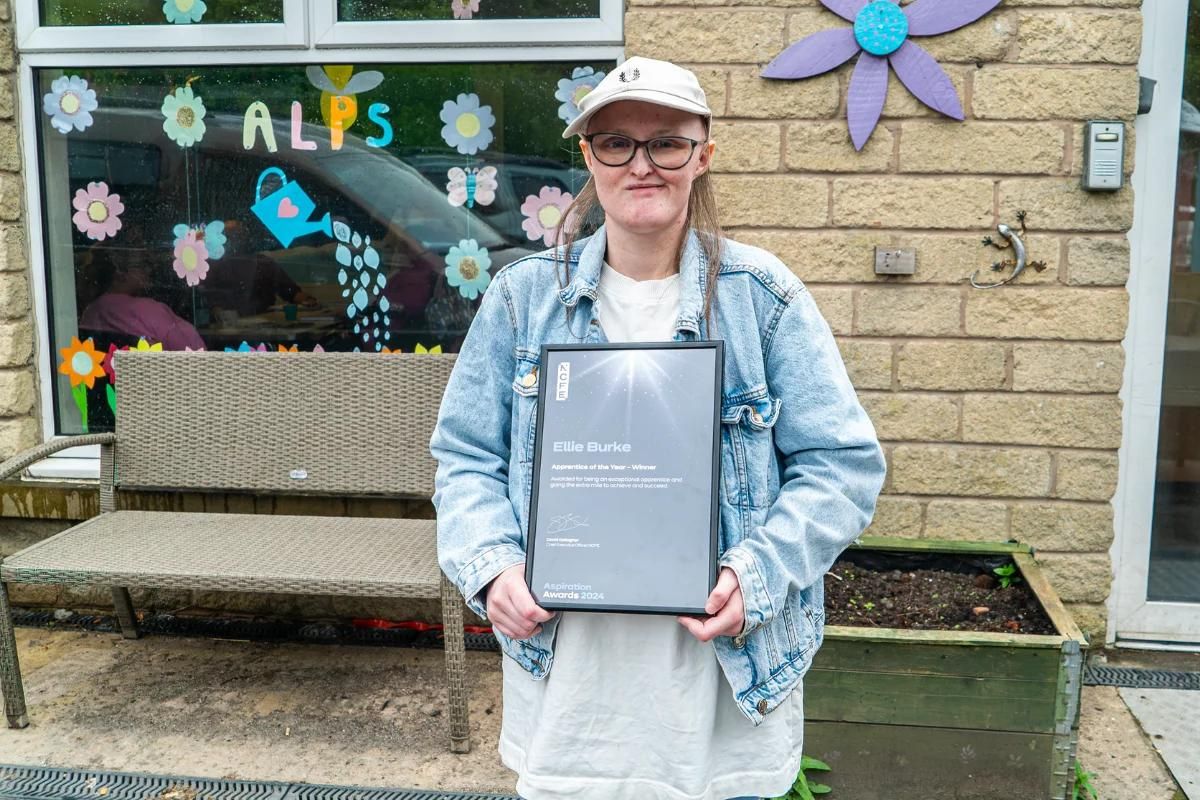
Responses